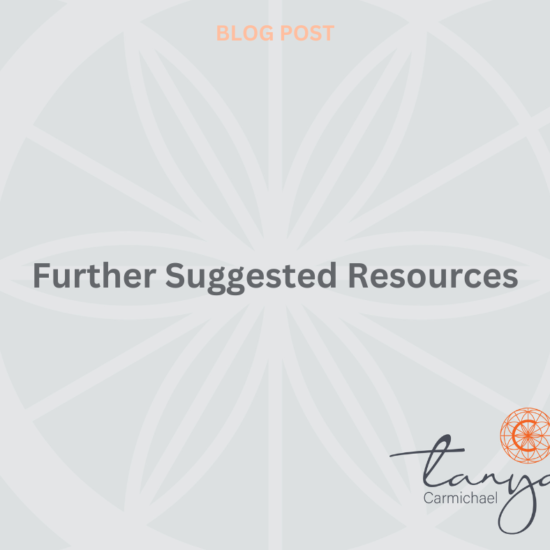I connect leadership best practices and systems-thinking to the issues investment leaders face to meet stakeholder expectations.
It is understandable that leaders of investment organizations are eager to communicate efforts around ESG and DEI. While it took a few years for these broader stakeholder dimensions to take hold, addressing them is no longer optional. Investment leaders everywhere message that the way their organizations do business aligns with responsibility, purpose and stewardship. The culture of the organization also tends to get mentioned.
Culture can play a tremendous role in an organization’s resilience and success. Much has been written on the topic, including that great cultures don’t just happen. Intention and commitment are required if culture is to be a contributor to outstanding outcomes. Therefore, it follows that firm culture will have a direct impact on the success of efforts to embed ESG and DEI into firm and investment strategy.
The ESG and DEI dance in private equity fund investing
Limited Partners (LPs) have high expectations of their General Partner (GP) fund managers to progress ESG and DEI. Ironically, asset owner (LP) organizations are experiencing the very same pressures. The result can be a dynamic where GPs and LPs both want to convey (to their stakeholders) that ESG and DEI efforts are well in hand. Effort is, therefore, spent on highlighting the activities that show that the investment organization has it all figured out versus asking questions about where opportunities exist to do more. Ironically, the emphasis on communicating achievement is ultimately unhelpful to developing the capabilities and competencies required to make it happen.
One example illustrates the challenge. Many GPs have shared that there has been an (understandable) increase in the requests for information about ESG and DEI via lengthy due diligence questionnaires. LPs are demonstrating commitment to ESG and DEI by including questions in these areas as part of the process requirements to make an investment. However, there is frequently a lack of clarity on how this information is being used once shared, or when asked, many LPs are not able to articulate how the GP stacks up against other managers. The request for feedback and engagement is very fair and LPs have a real opportunity to engage and help the GP to understand where they may improve. Does such an LP have the information and doesn’t want to share it?
This is unlikely the case. But what is easier to imagine, is that the LPs themselves are not at a stage where they can synthesize / assess GP progress on ESG / DEI in other than a check the box manner due to resources, competing internal priorities or otherwise. While the basic engagement has occurred, the interaction between the GP and LP lacks substance. Both are doing their job, but it falls short of the potential interaction that could have happened. No feedback = no opportunity to grow and learn.
How can LPs and GPs create the environment to better progress ESG and DEI commitment and efforts?
Strong links to culture, engagement and feedback are key.
- Whether you are a GP or LP, start with the desire to engage, learn and support.
- As a leader, signal the value of questions inside your own organization, seeking feedback about what is hard and / or still being figured out.
- Favour thoughtful engagement alongside diligence questionnaires. Normalizing a discussion of this journey and being authentic will resonate for your stakeholders and investors.
- Reach out to peers and engage with industry associations. Collaboration and communication will be key approaches for more investors to gain momentum. Identify and study organizations who are leaders and understand why.
- Recognize that you and your organization are part of the broader ecosystem and therefore have a responsibility to demonstrate self-awareness and stewardship.
Investment leaders frequently state that their culture is a strength and differentiator. When culture truly is a focus, it can meaningfully accelerate ESG and DEI outcomes. Having a growth mindset that values learning will help leaders create resilient pathways that resonate within the organization. Internal support and trust is an essential part of achieving meaningful external validation.
Private equity is at an inflection point. If we are committed to achieve the different outcomes we are talking about, the approach to make it happen must also be different. Everyone can play a role.
Tanya Carmichael


